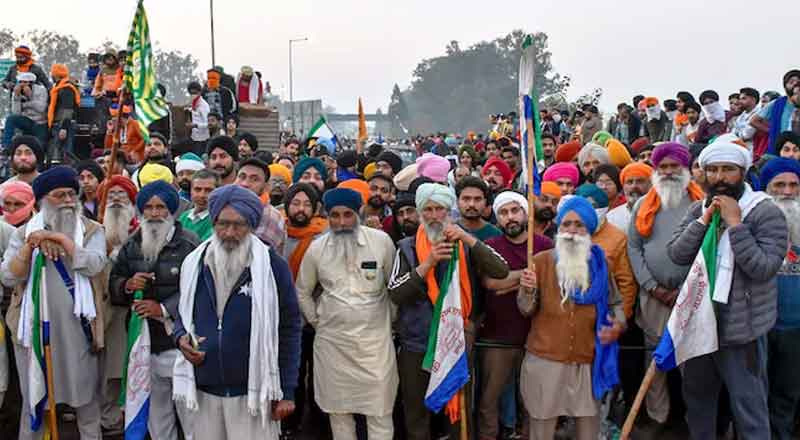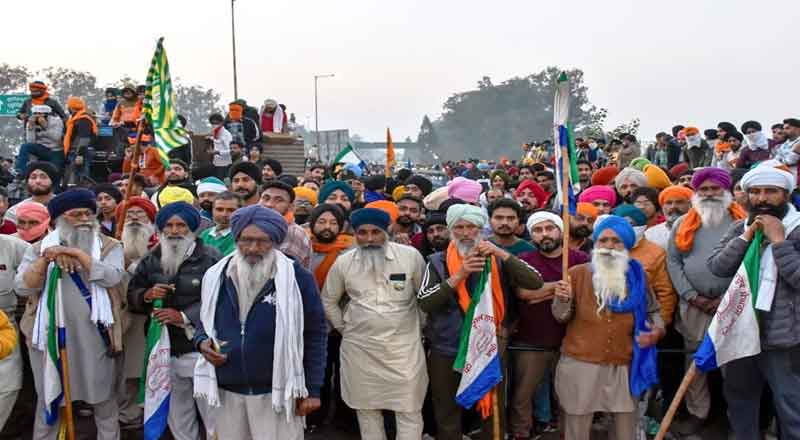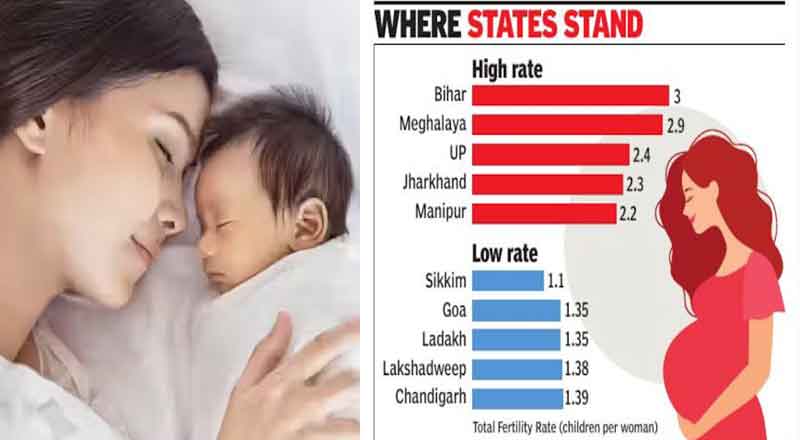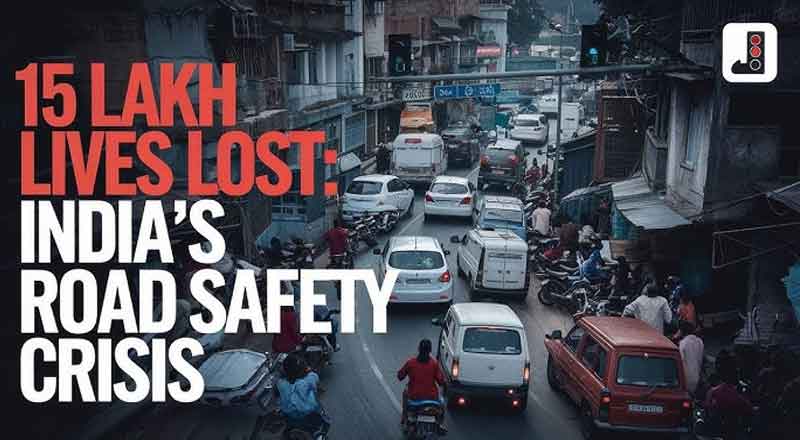The Farmers’ Voice and Their Long Struggle
India’s agricultural sector has long been the backbone of its economy, yet farmers frequently find themselves at odds with policies they believe undermine their livelihoods. Protests and demonstrations have become a common tool for expressing grievances, and the latest “Delhi Chalo” march is another chapter in this ongoing struggle. Farmers from Uttar Pradesh and across India are rallying with demands for fair compensation and benefits under the revised agricultural laws.
This demonstration is not an isolated event; it is part of a larger movement coordinated by farmer organizations like the Bharatiya Kisan Parishad (BKP), Kisan Mazdoor Morcha (KMM), and Samyukt Kisan Morcha (SKM). On December 6, farmers are set to march toward Delhi, while symbolic protests are planned in Kerala, Uttarakhand, and Tamil Nadu. At the heart of this march are demands for justice, equity, and better livelihoods.
Why Are Farmers Marching?
The protest stems from long standing grievances about land acquisition and compensation policies. Farmers marching to Delhi have five key demands, each reflecting concerns that resonate across India’s agricultural community:
Fair Compensation Under New Laws: Farmers are demanding a 10% allocation of plots and a 64.7% increase in compensation rates under the existing land acquisition laws, equivalent to four times the market value.
Revised Benefits for Post-2014 Acquisitions: For land acquired after January 1, 2014, farmers seek a 20% allocation of plots, emphasizing equity in distribution.
Employment for the Landless: They also demand jobs and rehabilitation benefits for children of landless farmers, aiming to secure their future.
Implementation of Committee Directives: Farmers want the implementation of guidelines issued by the High-Power Committee to address resettlement challenges.
Resettlement for Inhabited Areas: Ensuring proper arrangements for those displaced from their homes remains a critical demand.
Delhi Braces for Impact: Security Tightens
As thousands of farmers prepare to converge on Delhi, the authorities have implemented extensive security measures to prevent disruptions. A three-tier security system has been put in place at the Delhi-Noida border, where police forces are stationed to maintain order.
Deployment of Forces: Over 5,000 police personnel and 1,000 PSC workers are on duty. Additional emergency response teams, including water cannons and fire squads, have been stationed to handle any potential escalation.
Traffic Management: Anticipating gridlock, the police have issued traffic advisories and diverted routes to minimize inconvenience. Inspections and barricades have been set up at major entry points to the city.
Officials have communicated with farmer leaders, urging them to avoid creating law and order issues. DCP East Delhi, Apoorva Gupta, stated that while the farmers have been denied entry into Delhi during the ongoing Parliament session, the police remain vigilant to ensure peaceful protests.
A Call for Dialogue: Vice President’s Appeal
Amidst the growing tension, Vice President Jagdeep Dhankhar has called for resolution through dialogue. Speaking at an event commemorating Raja Mahendra Pratap’s birth anniversary, Dhankhar emphasized the importance of unity and understanding.
“We must remember that we don’t fight with our own,” he said. “I appeal to my farmer brothers to understand that issues in this country are resolved through dialogue and mutual understanding.”
Agriculture Minister Shivraj Chouhan has already initiated discussions with farmer representatives, signaling the government’s willingness to address grievances. However, the farmers remain steadfast in their demands, arguing that promises without implementation offer little relief.
The Broader Context: A Continuing Struggle
This latest march reflects deeper issues within India’s agricultural policies. The farmers’ demands highlight a recurring theme: the perception that policy changes often favor corporate interests at the expense of small and marginal farmers. The 2020–2021 protests against the now-repealed farm laws showcased the collective power of the agricultural community, but also underscored the need for long-term solutions.
The current protest is part of a broader effort to ensure accountability, fair compensation, and protection for those whose land and livelihoods are most affected by governmental decisions. With multiple organizations uniting under a common cause, the march serves as a stark reminder of the challenges facing Indian farmers.
A Call for Justice and Cooperation
The farmers’ march to Delhi is more than a protest; it is a plea for dignity, fairness, and recognition of their contributions to the nation. While the government has initiated talks and enhanced security, resolving these issues will require genuine collaboration, mutual respect, and actionable solutions.
As the protesters converge on the capital, the outcome of their demands will be closely watched, not just by the agricultural community, but by a nation that depends on its farmers. Whether through dialogue or demonstrations, the enduring message remains clear: farmers are the lifeblood of India, and their concerns cannot be ignored.
(With inputs from agencies)





